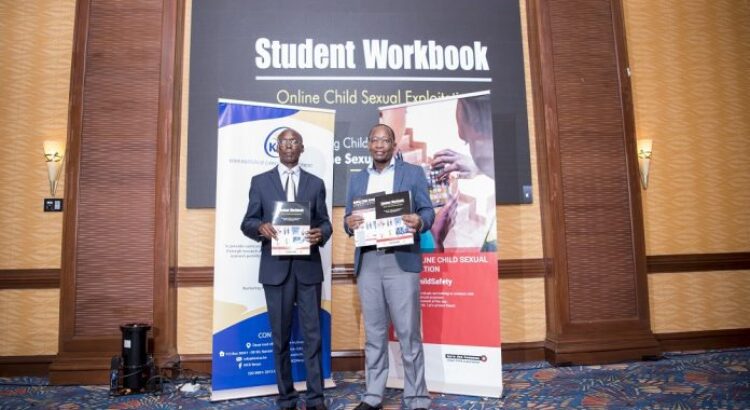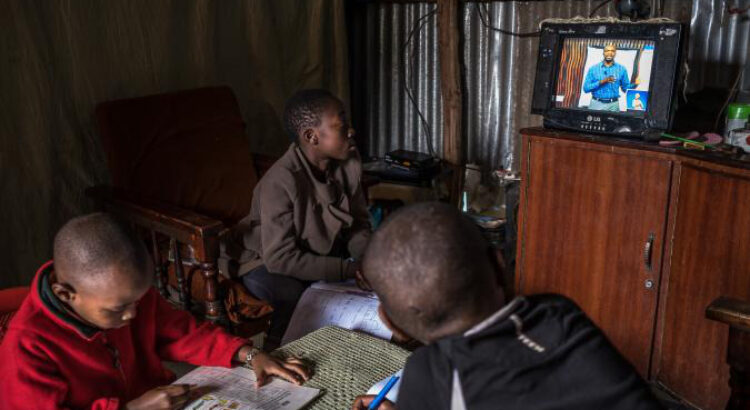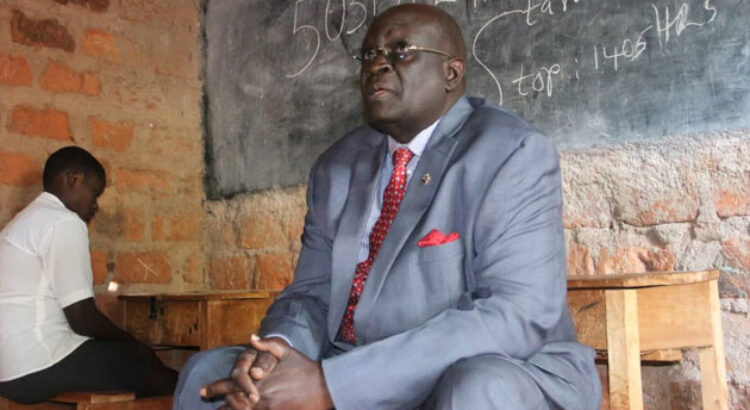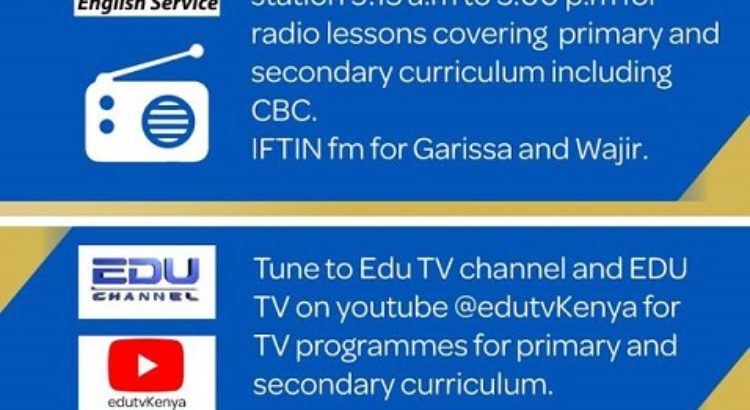Africa/Kenya /22-11-2020/Author: Margaret Kalekye/Source: www.kbc.co.ke
The Ministry of Education has launched the first children and facilitators manuals for training on online safety and security.
The manual approved by the Kenya Institute of Curriculum Development (KICD) in collaboration with Terre des Hommes Netherlands ensures children can develop in a safe environment.
The manual comes in a time when Kenya and the world at large are facing challenges brought by the Covid-19 pandemic with internet and mobile penetration getting into the hearts of children exposing them to online sexual exploitation.
Online learning has been the new normal since March 15th when schools were closed in Kenya due to Covid-19, thus leading to the tremendous rise of online activities by the young generation at home.
Speaking during the launch, Mr. Rapheal Kariuki, Africa Head of Region highlighted the key overall goal of the Safe Online Project which is to prevent and respond to Online Child Sexual Exploitation in three main hubs Nairobi, Mombasa and Kisumu.
“The manuals will be used to create awareness among children, parents and caregivers to be able to identify, respond and prevent online abuse and exploitation as part of its Safe Online Project implemented in Kenya. The main components of the project include awareness creation, psychosocial support, capacity building and access to justice for the victims of online sexual abuse and exploitation. Terre des Hommes Netherlands is also partnering with different institutions like the Directorate of Criminal Investigation and Prosecution to deliver the project.” he added.
Cabinet Secretary for Education, George Magoha pointed out that it is a joy to finally come up with a curriculum after a long journey of research.
The launch has come in a very sensitive time where the change in normalcy brought by Covid-19 has led to increased use of digital devices in learning.
KICD also appreciated the quality of the team to boldly take the step and bring in the manuals.
The National Cyber Security will also collaborate in this initiative to help parents be able to register sim-cards for minors said, The Communication Authority of Kenya (CAK), Patricia Muchiri
“We have taken child online protection and lessons to where the children are. There has been an exponential growth of use of digital devices. We are almost to get the strategy that brings together all stakeholders so that we harness a collective national effort and this manual is key in all the information we need” she added.
Through the manuals, parents and caregivers across the country will need to have an urgent sensitisation on how to monitor and supervise online activities undertaken by their children.
The training will help children be aware that they can be digitally safe by going online and watching relevant things.
Source and Image: https://www.kbc.co.ke/education-ministry-launches-online-safety-manual-for-children/











 Users Today : 78
Users Today : 78 Total Users : 35460209
Total Users : 35460209 Views Today : 112
Views Today : 112 Total views : 3418895
Total views : 3418895